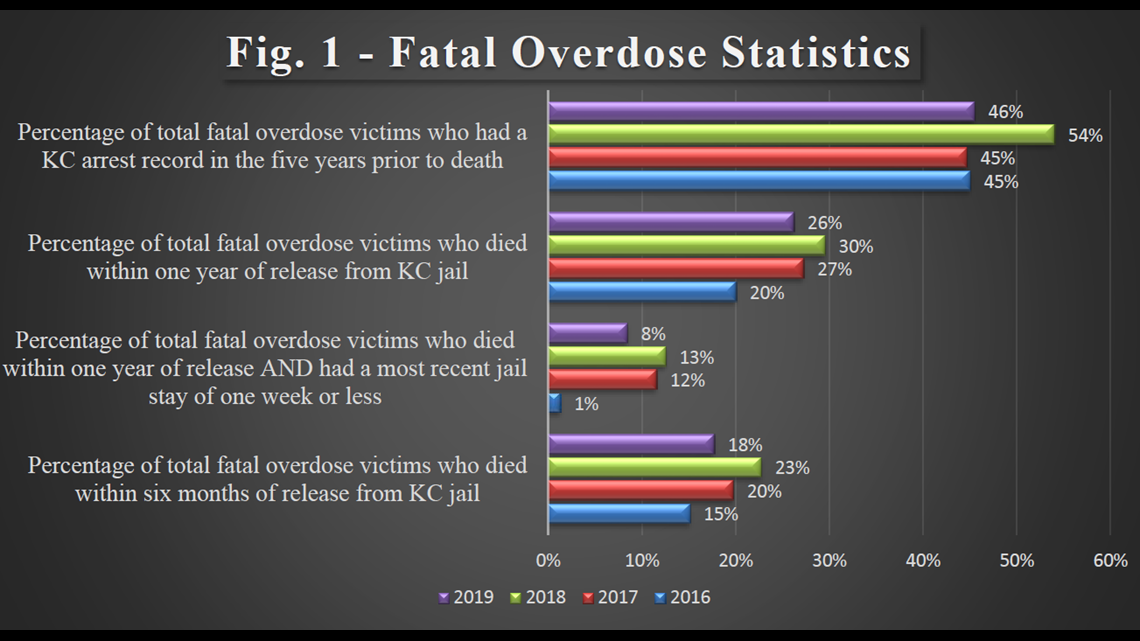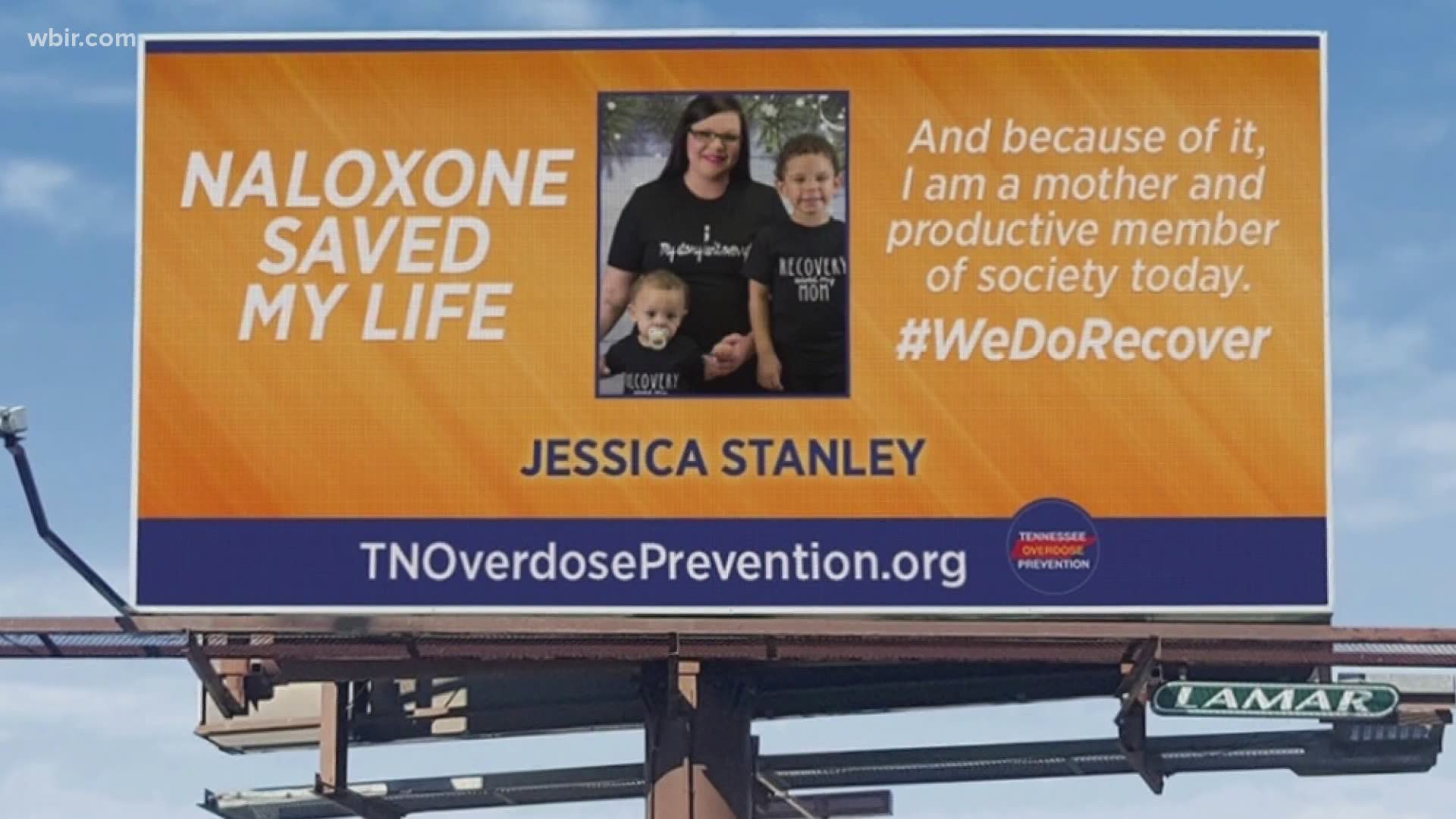KNOX COUNTY, Tenn — August 31 is Overdose Awareness Day, and Knox County District Attorney General Charme Allen presented a report Monday in hopes of bringing awareness to recent trends and efforts to try and curb the number of overdoses locally.
So far in 2020, 218 people in Knox County have died to suspected overdose. That's much higher than at this point in 2019, when the number of suspected overdoses sat at 170 at the end of August.
"This really is more than just data. They're more than just numbers," Allen said. "That’s 218 lives lost. That's 218 funerals. That's 218 empty chairs at the next holiday. That's 218 mothers, and fathers, and sisters, and brothers that have lost children... lost parents. This really is a personal issue to so many individuals in our community."
Allen believes the COVID-19 pandemic is largely to blame for the spike this year, as it is affecting people's access to much-needed resources.
Even though 2020 is shaping up to be worse than 2019, Charme said there has been a silver lining. 2019 was a significant year, not just because of success in having a downward trend in the number of overdose deaths for the first time in many years, but also in the data the criminal justice system was able to extract in the trends over the past four years in order to better combat the overdose epidemic.
The DAG's office and the Drug Related Death Task Force reviewed hundreds of fatal overdose cases, finding that nearly half of all victims over the past 4 years had been arrested in Knox County five years prior to their death.


Allen said that kind of data can help save lives, saying it opens opportunities for law enforcement and others to partner with the community to identify different "intercept points" for those at risk, and intervene to increase recovery rates for people with substance use disorders.
"This information could be helpful in the community’s effort to develop additional community resources and partnerships with the criminal justice system. Data sharing and collaborative partnerships have proven paramount to our community’s ability to prevent overdose deaths," she said.
The partnerships, such as All4Knox, are working to identify people fighting addiction in strategic ways to get them help and increase their chances of recovery, such as through the criminal justice system, schools, church networks and treatment providers.
In the meantime, Allen and community experts remain worried about COVID-19's impact on resources for people struggling with addiction.
"Why we're seeing some of the overdoses in our community right now due to COVID is because we've had to shut down some of those social connections and resources that people would normally have," Karen Pershing with the Metro Drug Coalition said.
She said it takes 18 to 24 months for an addicted brain to heal, but most are only getting 15 to 30 days of formal treatment currently.
"The earlier we can intercept, the better off we're going to be as a community," she said.
If you or someone you love is struggling with addiction, there are options to seek help.
The Tennessee Redline, which is funded by the state, offers referrals if you need help with abuse. The number is 800-889-9789, and there's more information available here.
The state also offers guidance on where to get help in Tennessee here.
Another place to start is the Metro Drug Coalition in Knoxville. You can learn about confidential referrals for treatment by going to its website.
The University of Tennessee Knoxville campus also offers numerous places to turn for help in our area. Find out more.
The Partnership for Drug-Free Kids offers strategies and tool kits to help parents address substance use. You can call 855-DRUGFREE or visit drugfree.org.
There are a number of opioid treatment and residential programs in East Tennessee.
One that's specifically designed to help mothers is Susannah's House Mothers in Recovery. It's a licensed outpatient program for mothers with infants or young children who want to be sober.
Here is a link to learn more about Susannah's House.

